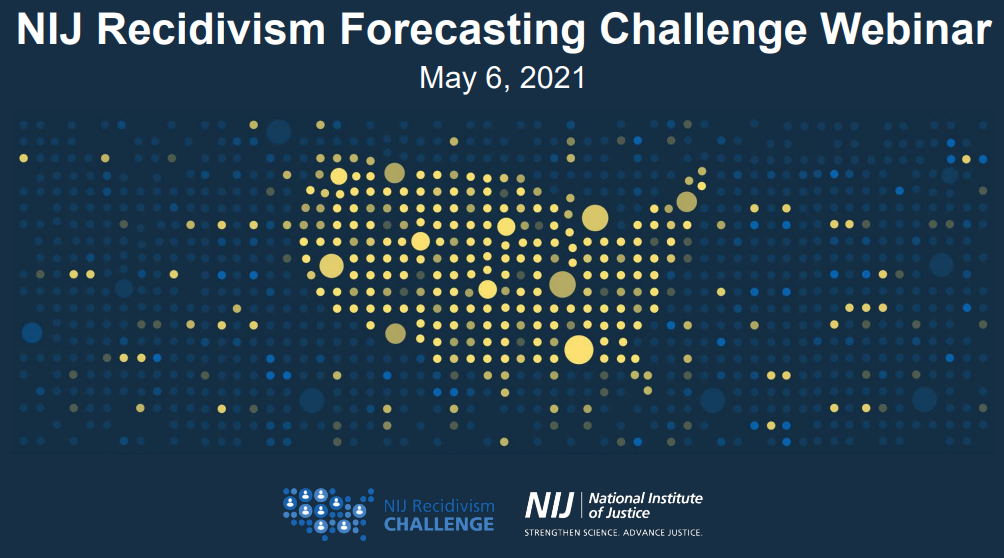Parole violations
Criminal Violence and Incapacitation: Wishes and Realities
PAROLE VIOLATION PATTERNS AND COMMITMENT OFFENSE
Custodial Parole Sanctions and Earnings After Release From Prison
National Institute of Justice's Recidivism Forecasting Challenge: Research Paper, Group MNLB
Partnerships for Public Safety
The downside of downsizing: Persistence of racial disparities following state prison reform
NIJ FY22 Design, Implementation, and Testing of a National Model for Technical Violations
Desistance From Crime: Implications for Research, Policy, and Practice
Most scholars would agree that desistance from crime – the process of ceasing engagement in criminal activities – is normative. However, there is variability in the literature regarding the definition and measurement of desistance, the signals of desistance, the age at which desistance begins, and the underlying mechanisms that lead to desistance. Even with considerable advances in the theoretical understanding of desistance from crime, there remain critical gaps between research and the application of that research to practice.
See the YouTube Terms of Service and Google Privacy Policy
Does in-prison physical and mental health impact recidivism?
Multi-state Research on Juvenile Reoffending
NIJ Recidivism Forecasting Challenge Webinar Transcript
Challenge has closed
Thank you to everyone who submitted an entry. Winners will be notified by August 16, 2021, and posted online.
Winners are to submit paper outlining the variables that were tested, indicating which were of statistical significance and which were not, by September 17, 2021.
DARYL FOX: Good afternoon, everyone. Welcome to today's webinar. NIJ's Recidivism Forecasting Challenge, hosted...
Recidivism Forecasting Challenge
Learn about the winners and challenge results -
- A Synthesis of the 2021 NIJ Forecasting Challenge Winning Reports: published in January 2024, this paper aims to add to the knowledge of risk assessment creation by synthesizing the 25 winning, nonstudent papers.
- NIJ 2021 Forecasting Challenge: Filtering Winners by Year, Variables, and Methods: a dashboard below allows you to filter down the winning submissions...




